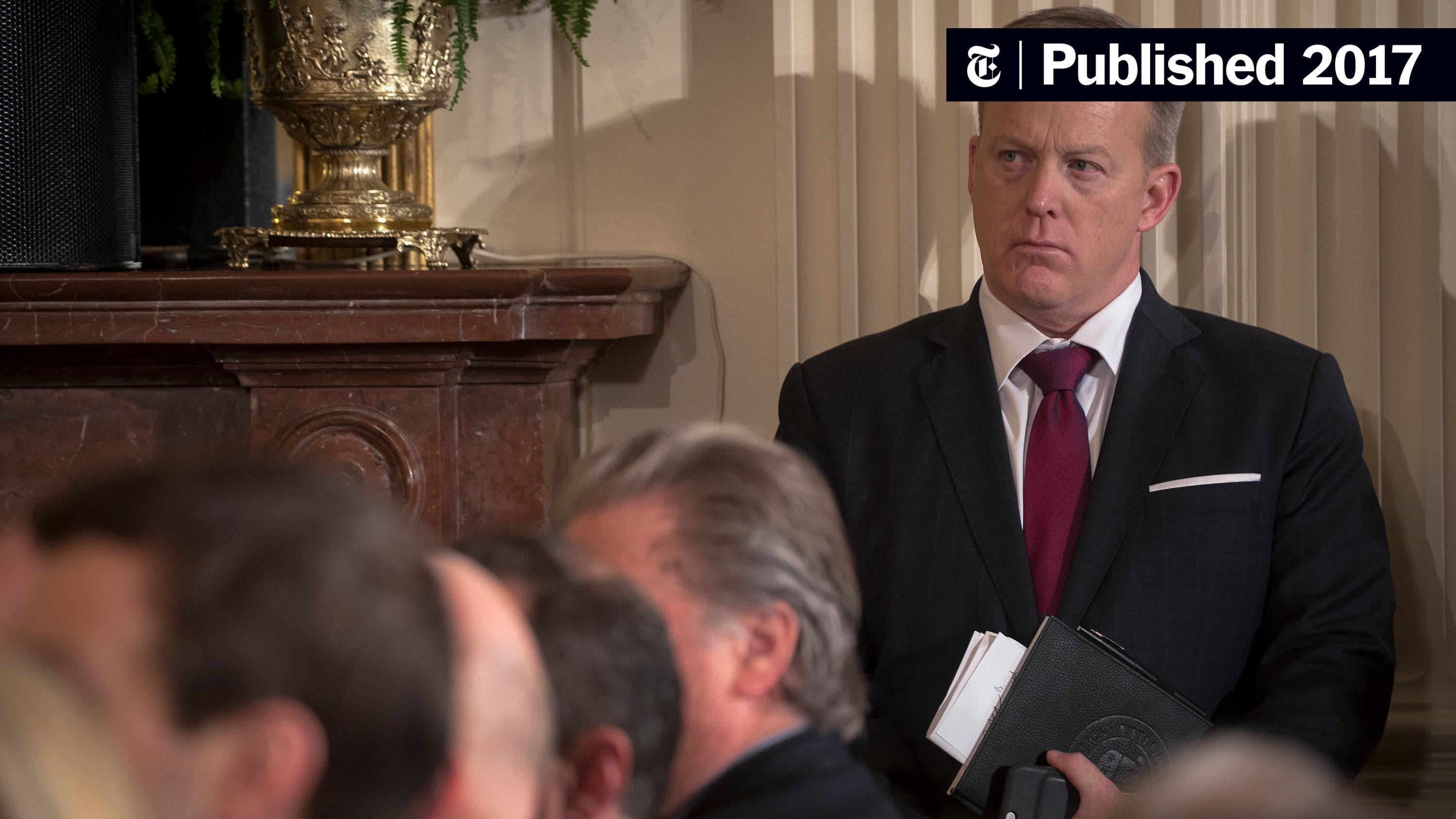Legal Battles Hamper Trump's Immigration Enforcement Policies

Table of Contents
Challenges to the Travel Ban
The executive orders restricting entry from several Muslim-majority countries, often referred to as the "travel ban," were met with immediate and sustained legal opposition. These immigration policies became a focal point of intense legal and political debate.
Multiple Versions and Legal Challenges
The initial executive orders were swiftly challenged in courts across the country.
- Multiple lawsuits argued that the ban violated the Establishment Clause of the First Amendment, claiming it discriminated based on religion.
- Critics also argued that the ban violated due process rights and exceeded the President's authority.
- The Supreme Court ultimately upheld a revised version of the ban in Trump v. Hawaii (2018), but only after significant delays and revisions. This decision, however, did not fully resolve the intense legal and political controversies surrounding the policy.
Impact on Enforcement
The protracted legal challenges significantly undermined the administration's ability to swiftly implement its immigration enforcement priorities.
- The legal uncertainty made it difficult for immigration officials to consistently apply the policy, leading to confusion and inconsistent application.
- This resulted in delays in processing visa applications and deportations, impacting individuals, businesses, and international relations.
- The constant legal battles diverted resources away from other aspects of immigration enforcement.
DACA and the Fight for "Dreamers"
The Trump administration's attempted rescission of the Deferred Action for Childhood Arrivals (DACA) program, which protects undocumented immigrants brought to the US as children ("Dreamers"), sparked another major legal battle impacting Trump's immigration enforcement policies.
Legal Battles Over Deferred Action for Childhood Arrivals (DACA)
The decision to end DACA faced immediate and widespread legal challenges.
- Numerous lawsuits argued that the rescission of DACA violated the Administrative Procedure Act due to procedural flaws and lack of reasoned explanation.
- The lawsuits highlighted the reliance on DACA by its beneficiaries and the potential hardships that its termination could inflict.
- The Supreme Court, in Department of Homeland Security v. Regents of the University of California (2020), blocked the administration's attempt to end DACA, leaving the program's future uncertain but preventing its immediate termination.
Impact on Enforcement
The ongoing litigation surrounding DACA tied up significant resources within the Department of Homeland Security and created further uncertainty regarding the enforcement of immigration laws.
- The legal battles diverted attention and resources from other enforcement priorities, hindering the administration's overall immigration enforcement strategy.
- The lack of clarity surrounding DACA status created an environment of uncertainty for both DACA recipients and immigration enforcement officials.
- This uncertainty complicated the effective implementation of other immigration enforcement measures.
Increased Border Security and "Zero Tolerance" Policy
The administration's focus on increased border security, including plans for a wall along the US-Mexico border and the "zero tolerance" policy, also faced significant legal challenges and widespread criticism, significantly impacting Trump's immigration enforcement policies.
Legal Challenges to Border Wall Construction
The administration's plans to construct a border wall encountered numerous legal obstacles.
- Lawsuits challenged the wall's construction on grounds of environmental impact, arguing it violated environmental protection laws.
- Other lawsuits questioned the legality of using eminent domain to seize private land for the wall's construction.
- These legal challenges resulted in significant delays and restrictions on the construction of the border wall, hindering the administration's ability to achieve its stated goal of enhanced border security.
Criticism and Legal Ramifications of Family Separation Policy
The "zero tolerance" policy, leading to the separation of children from their parents at the border, triggered widespread condemnation and multiple lawsuits.
- Lawsuits alleged violations of human rights and due process, highlighting the immense humanitarian costs of the policy.
- The policy was ultimately reversed due to immense public pressure and legal challenges, but the long-term legal ramifications and the emotional scars of family separation remain significant.
- The policy serves as a stark example of the ethical and legal complexities inherent in immigration enforcement policies.
Conclusion
The numerous legal battles surrounding Trump's immigration enforcement policies significantly hindered their effectiveness. Challenges to the travel ban, the fight over DACA, and controversies surrounding border security all created a complex and constantly shifting legal environment. These legal obstacles illustrate the critical interplay between executive action and judicial review in shaping immigration policy. Understanding the impact of these legal battles is crucial for analyzing the effectiveness of Trump's immigration enforcement policies and for shaping future immigration debates. Further research into the legal precedents set by these cases will provide deeper insight into the ongoing evolution of immigration law and the continuing debate surrounding Trump's immigration enforcement policies. To learn more about the legal intricacies of these policies, further research into relevant court cases and legal analyses is recommended.

Featured Posts
-
 Blockchain Security Enhanced Chainalysis Integrates Alteryas Ai Capabilities
Apr 24, 2025
Blockchain Security Enhanced Chainalysis Integrates Alteryas Ai Capabilities
Apr 24, 2025 -
 Canadian Conservatives Detail Tax Cut And Deficit Reduction Strategy
Apr 24, 2025
Canadian Conservatives Detail Tax Cut And Deficit Reduction Strategy
Apr 24, 2025 -
 Oblivion Remastered Confirmed Release Date And Features
Apr 24, 2025
Oblivion Remastered Confirmed Release Date And Features
Apr 24, 2025 -
 O Thanatos Toy Tzin Xakman I Sygkinitiki Anartisi Toy Tzon Travolta
Apr 24, 2025
O Thanatos Toy Tzin Xakman I Sygkinitiki Anartisi Toy Tzon Travolta
Apr 24, 2025 -
 Google Fi 35 Unlimited Data Plan Now Available
Apr 24, 2025
Google Fi 35 Unlimited Data Plan Now Available
Apr 24, 2025
